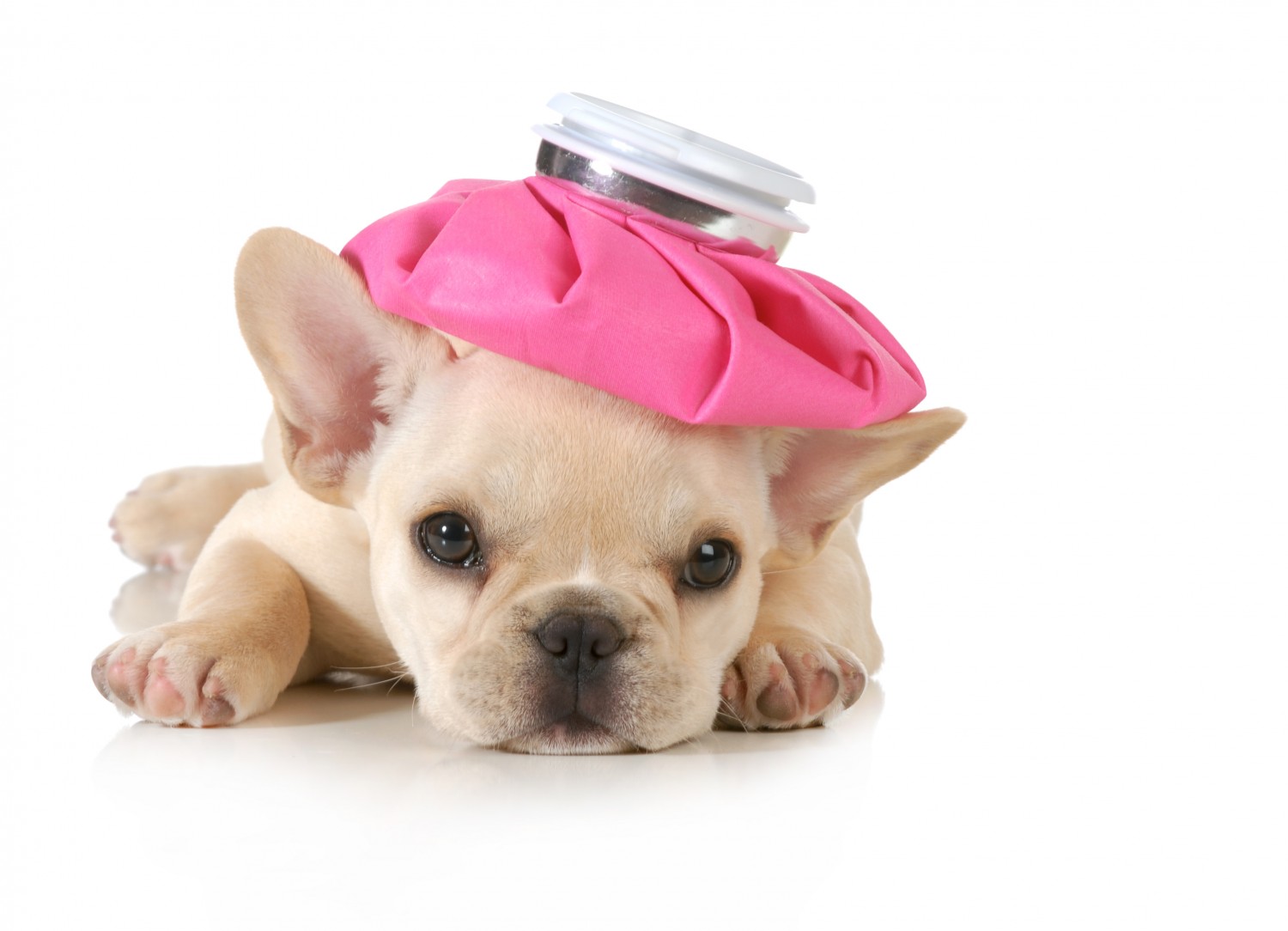|
Parvovirus – is your puppy protected?
There have recently been lots of adorable new puppies entering into their new families. It’s important to know just what to do when welcoming a new puppy into your home.
Vaccinations are crucial part of being a pet owner, and their importance cannot be stressed enough. If you’re welcoming a new puppy to your home, getting clued up about vaccinations should be the first thing on your list.
What is Canine Parvovirus?
 Canine Parvovirus is a highly contagious virus that can affect all dogs, especially unvaccinated and young puppies. Parvovirus attacks the lining of the intestines and the bone marrow. The damaged bone marrow can no longer produce enough white blood cells needed to fight off infections. It can cause serious disease and potentially be fatal – mortality rates in untreated dogs and puppies is very high. Canine Parvovirus is a highly contagious virus that can affect all dogs, especially unvaccinated and young puppies. Parvovirus attacks the lining of the intestines and the bone marrow. The damaged bone marrow can no longer produce enough white blood cells needed to fight off infections. It can cause serious disease and potentially be fatal – mortality rates in untreated dogs and puppies is very high.
Signs Of Parvo:
- sudden onset of bloody diarrhoea
- lethargy
- unwillingness to eat
- repeated episodes of vomiting
It is important to note that many dogs may NOT show every clinical sign. Parvovirus may affect dogs of all ages, but is most common in dogs less than one year of age. Young puppies less than five months of age are often the most severely affected and the most difficult to treat.
How is Parvovirus spread?
Parvovirus is highly contagious and can survive for long periods in the environment. The virus is hard to control as it can withstand routine cleaning and  weather changes. weather changes.
It is passed in the faeces of infected animals which makes it difficult to prevent your dog from coming in contact with it especially when on walks or in parks. You don’t need direct dog to dog contact for a dog to become infected with parvovirus – it can easily be transferred on the paws of dogs and on people’s shoes, or other items contaminated with the virus like bedding.
What’s even more concerning is that parvo is lingering around in the environment, in the park, down the street, perhaps even in your back yard. It survives in dirt and the environment for months at time, leaving unvaccinated dogs at risk wherever they go.
How can Parvovirus be prevented?
 Vaccinations against parvo are part of your initial puppy vaccination regime, and provide the best chance of immunity against the deadly disease. It is also very important to keep your dog’s annual vaccinations up to date. Vaccinations against parvo are part of your initial puppy vaccination regime, and provide the best chance of immunity against the deadly disease. It is also very important to keep your dog’s annual vaccinations up to date.
Remember, your puppy will not have full immunity against the virus until two weeks after their final puppy vaccine.
There has been a recent increase in the number of puppies with the dreaded Parvovirus in Orange, so if you know of someone with a new puppy, have a conversation about these topics and help spread the word to help save young dogs from an easily preventable death. We encourage all owners to contact us or any veterinary professional for information about the diseases covered by vaccinations, including parvo.
|